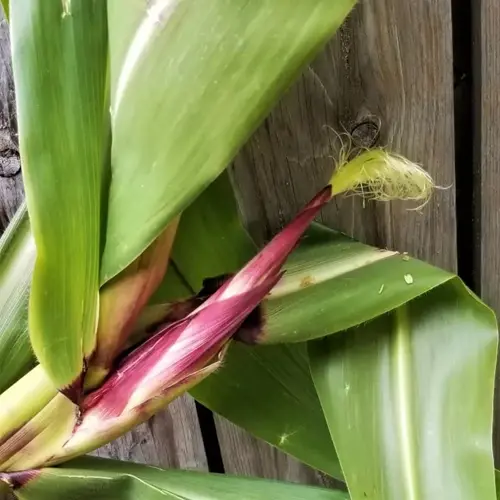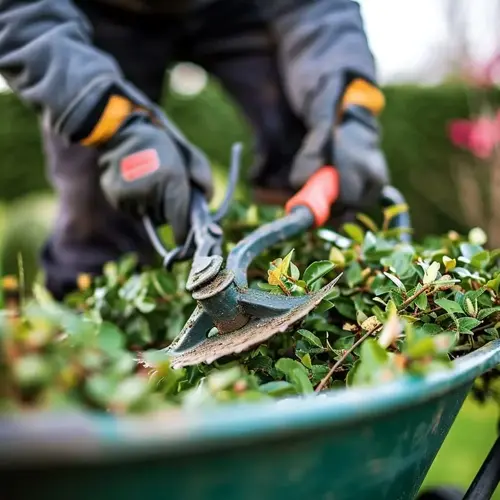Is galvanized steel safe for vegetable gardens?

Written by
Tina Carter
Reviewed by
Prof. Martin Thorne, Ph.D.Typically, modern galvanized steel raised beds are safe for use with vegetable gardens, provided the materials are certified lead-free. The zinc coating protects the steel from rust but necessitates healthy soil management. I have successfully used galvanized beds without issues as long as I maintain a pH above 5.5 and inspect the coating for damage every year to prevent zinc leaching into my vegetables.
Material Selection
- Choose G90 galvanization thickness for maximum protection
- Verify lead-free certification from manufacturer
- Prefer newer materials over salvaged pieces
- Look for NSF/ANSI 61 food safety compliance
Soil Management
- Test pH monthly using reliable soil probes
- Add lime when pH drops below 5.5 threshold
- Mix dolomite limestone into soil annually
- Avoid acidic fertilizers near metal surfaces
Protective Measures
- Line interiors with 10 mil food-grade plastic
- Apply protective sealant to scratches immediately
- Install barrier between soil and metal corners
- Elevate beds from direct ground contact
It's still important to manage the pH in the soil for the safety of galvanized beds. Studies show that zinc leaching dramatically accelerates when the soil pH is below 5.5. As a consequence, root vegetables can become contaminated with zinc. One simple way I manage pH is simply testing the soil each month during the growing season and amending it with agricultural lime as necessary. Along with the benefits of metal beds' durability, their simple soil testing and amendment practices, such as these, help protect my crops.
Always look for coating damage, especially where joints and corners are. No matter how small, scratches expose the steel underneath to corrosion and enhance zinc release. I tend to fix defects on the spot while using a cold galvanizing compound. Also, consider existing beds that have some corrosion damage; I install food-grade plastic liners as secondary protection.
Newly galvanized materials are the safest option, and they are certified according to NSF/ANSI 61. They are tested for heavy metal leaching. I switched to new materials after discovering lead in repurposed watering cans I found at the salvage site, which I used as raised beds. NSF certification is typically more expensive, but it prevents any heavy metal leaching in your vegetables.
To achieve the best results, use a combination of galvanized beds and other materials. The most productive setup I have is a metal-framed one, featuring cedar corners, which allows plants to be spaced away from direct contact with the soil. This mixed method preserves the durability of the metal while reducing risk. Regular soil tests will give you the peace of mind that your harvest is safe and healthy.
Both children and pregnant women are at substantially higher risks from metal contaminants. In such situations, I recommend adding further protection, such as double lining with plastic liners. The accumulation of zinc first shows up in leafy greens. As an early warning sign, inspect plants for stunted growth or yellowing leaves.
Read the full article: Best Raised Bed Materials for Your Garden

